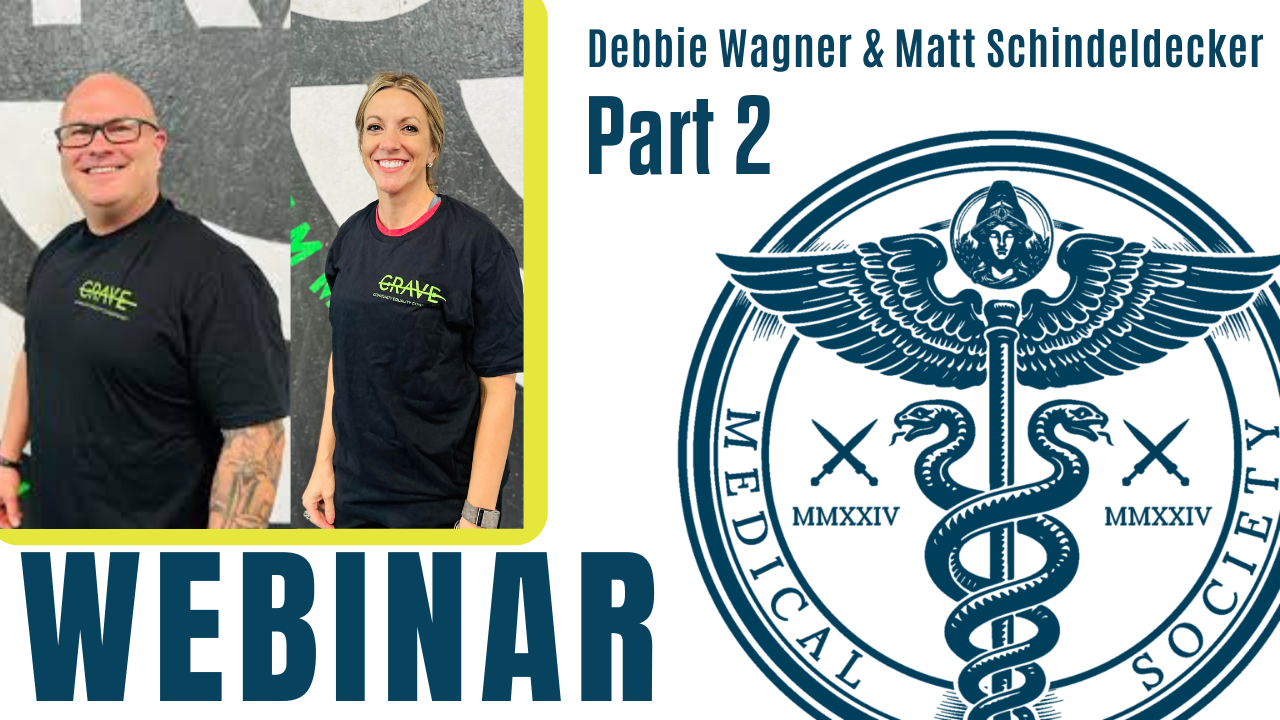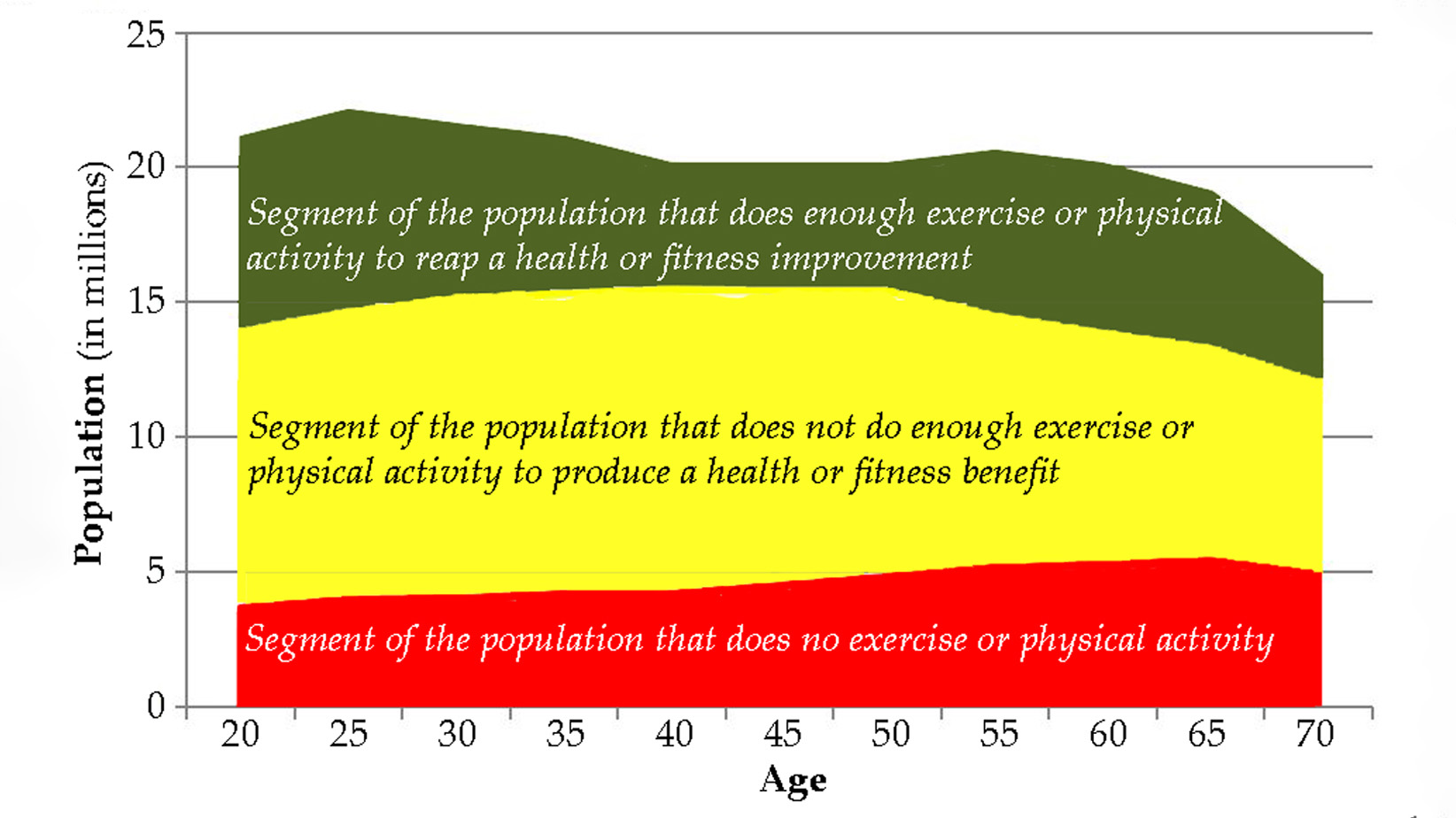The healthcare industry is far more complicated than it has ever been. From finding the right doctors to getting the right treatment patients are quickly overwhelmed and the urge to surrender to the perceived authority is palpable. But, that is not always best for the patient. This class will demystify medical trials, testing, outcomes, finances and more, restoring your role as a key person in the decisions being made about your health.
The class, Navigating a Broken Medical System: A patient guide to medical research, economics, and communication, is designed to help you chart your own course; it will identify major problems with modern medicine and give you tools to manage those shortcomings. Through education you can better protect yourself against these common pitfalls and lead your way to the best outcomes possible.
Sign up here to get notifications about this upcoming course!
Transcript
Hi, I’m Emily with the Broken Science Initiative, and I’m here to talk about a new class that we’re offering that’s been designed to help you all navigate your own healthcare. And my hope here is that I’m able to sort of combine the experience that I have helping people manage major crises, as well as what I learned when I was working as a reporter covering health and medicine.
So the U. S. healthcare system today is far more complex than it ever has been in history. And we all know this from trying to find a doctor who has an opening, let alone be at the right doctor, to insurance and billing. But even if you’re a healthy person, it’s super easy to get confused. But I think what’s important to note is that if you find yourself in the vulnerable position of feeling ill, Things can get really dicey really fast, and I think the same thing goes for people who are caring for you, or if you’re caring for somebody who’s sick.
It’s a struggle to know how to help in those kinds of experiences. And at the Broken Science Initiative, we talk a lot about the problems with postmodern science. And medicine is a really prime example that we talk a lot about, um, as a case of like how we can look at how science has broken. And I think part of what we’re experiencing with this sort of broken medicine is this overly complex environment.
That leads to a lot of misinterpretation for patients. And that kind of can create all these overwhelming experiences for people who are non medically trained. And it makes it really easy to surrender to authority and just sort of hope for the best. And I don’t think that that’s in your best interest.
So, we have made this class with the hope of helping you all navigate these really important decisions because they are probably the most important decisions you’ll make in your life. So this course is intended to help you understand problems with modern medicine and provide you with the tools that you need to better chart your own course, whatever that may be.
And so this course has been designed to let you explore at your own pace and level. And I hope that that works in a way where you can start to sort of choose. Do you want to go really deep on the statistical tools that people find to be overly technical and then tend to avoid because there is a fear of not being able to understand and we’ll try to demystify those things. Or you can take the class and simply decide to stick with the action items that directly give you power to plan and make choices for yourself.
Or if you’re caring for somebody else, how you can best do that. And those will include some social, emotional components that come up a lot when you’re discussing your own health or you’re trying to provide health care for somebody else.
This class has an extensive library of explainer videos, which we’ll constantly be adding to. And then there also are some handouts that will be questions that you should ask your doctor or questionnaires to help you zone in on what’s in your control and what’s not and lists of tasks that you can do that can be helpful.
So hopefully this framework starts to restore your sense of confidence as you navigate this sort of tricky experience. And it’s important to say, this is not a medical course. I do not give any medical advice. I am not a doctor. This is a communication course, and it’s intended to allow you to better read medical news, medical journal studies, and start to really comprehensively understand what’s involved in them so that you can communicate what your needs are and your fears and your concerns to your doctors, to your advocates, and start to be able to really hone in on what your intentions are.
Thank you. And this idea of restoring your own autonomy in the face of real vulnerability is really, I think, an opportunity for growth in a very hard time. And I think as you start to unpack these concepts with us, you’re going to start to realize that you’re going to critically think about things in your whole life beyond just healthcare.
That’s at least my goal.
Let's start with the truth!
Support the Broken Science Initiative.
Subscribe today →
recent posts
Expanding Horizons: Physical and Mental Rehabilitation for Juveniles in Ohio
Maintaining quality of life and preventing pain as we age.


